Explainer: Is nuclear energy poised for a comeback?
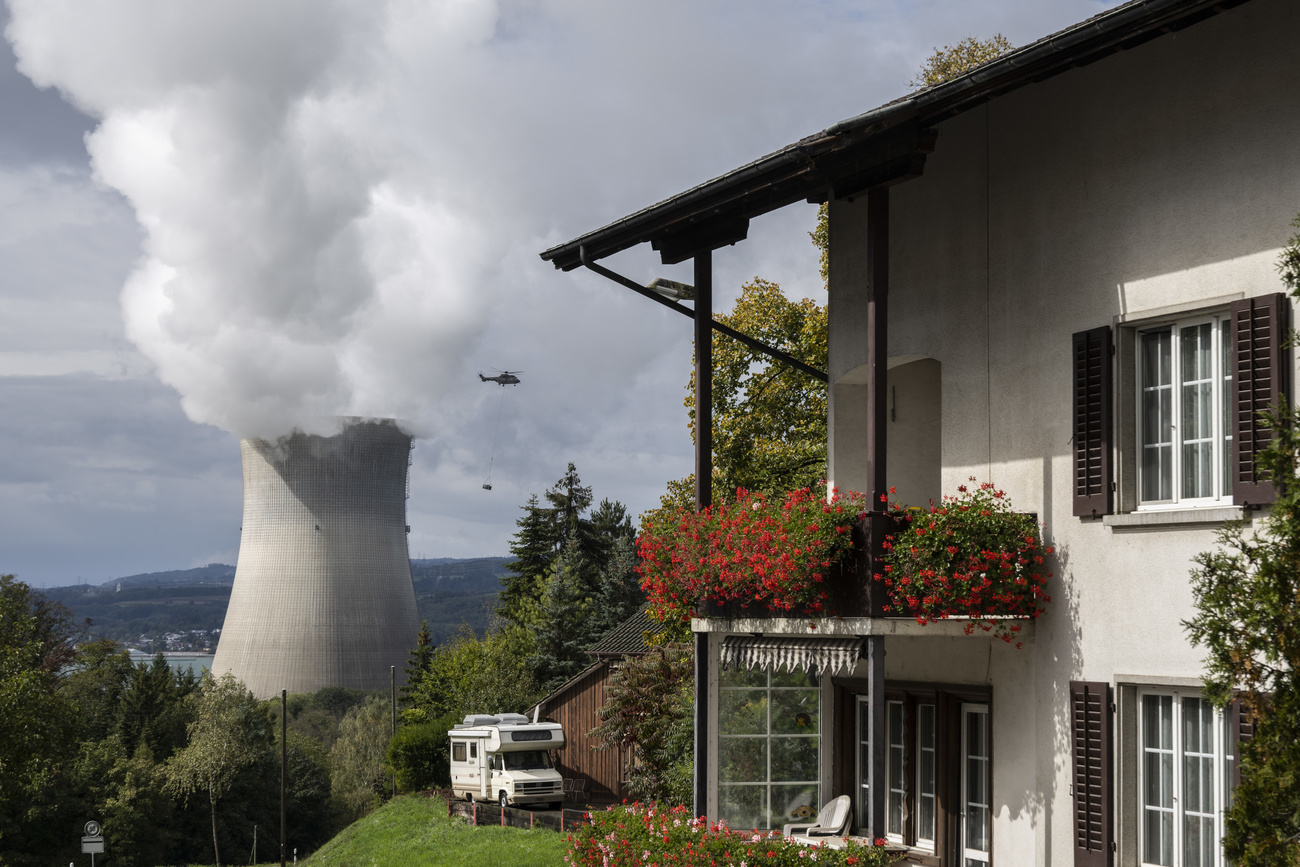
Amid concerns over the climate and energy crises, nuclear power appears to have become a credible alternative again. But the issue remains controversial.
Shifting global mindsets
Attitudes towards nuclear energy have shifted in recent years, driven by concerns about climate change and the recent energy crisis resulting from Russia’s invasion of Ukraine. Japan, which saw the 2011 Fukushima meltdown, has restarted its reactors, while other nations are building (mainly China, India and Russia), consideringExternal link (including Poland, Romania, South Korea) or extending nuclear facilities (France, Belgium and Finland).
At the COP28 climate talks in Dubai, the United States, Britain, France, Ghana and Sweden were among more than 20 countries that signed a declaration on Saturday aiming to triple nuclear power capacityExternal link by 2050 as part of efforts to achieve net-zero emissions. Global nuclear capacity now stands at 370 gigawatts, with 31 countries operating reactors.
Fans of nuclear energy say it is a clean, safe and dependable complement to wind and solar energy. According to an International Energy Agency (IEA) report last yearExternal link nuclear is vital for achieving carbon emission targets set out in the 2015 Paris Agreement. But tripling nuclear energy capacity by 2050 would require huge investment. In Western countries, which have almost three-quarters of global nuclear capacity, investment has stagnated due to soaring construction costs and projects have run over budget and faced delays.
Critics say the COP28 pledge is unrealistic, as producing nuclear energy has become too expensive, risky and slow to build. Renewables like wind and solar are cheaper, safer and faster solutions, they argue. Environmental groups also worry about safety and the disposal of nuclear waste.
Issue back on the Swiss authorities’ table
Following the nuclear disaster at Fukushima, the Swiss government in 2011 decided to phase out nuclear power. In 2017, 58% of Swiss citizens validated this decision when they voted to gradually decommission the country’s five existing nuclear power plants, ban the construction of new ones and adopt a new law – Energy Strategy 2050 – that promotes renewables.
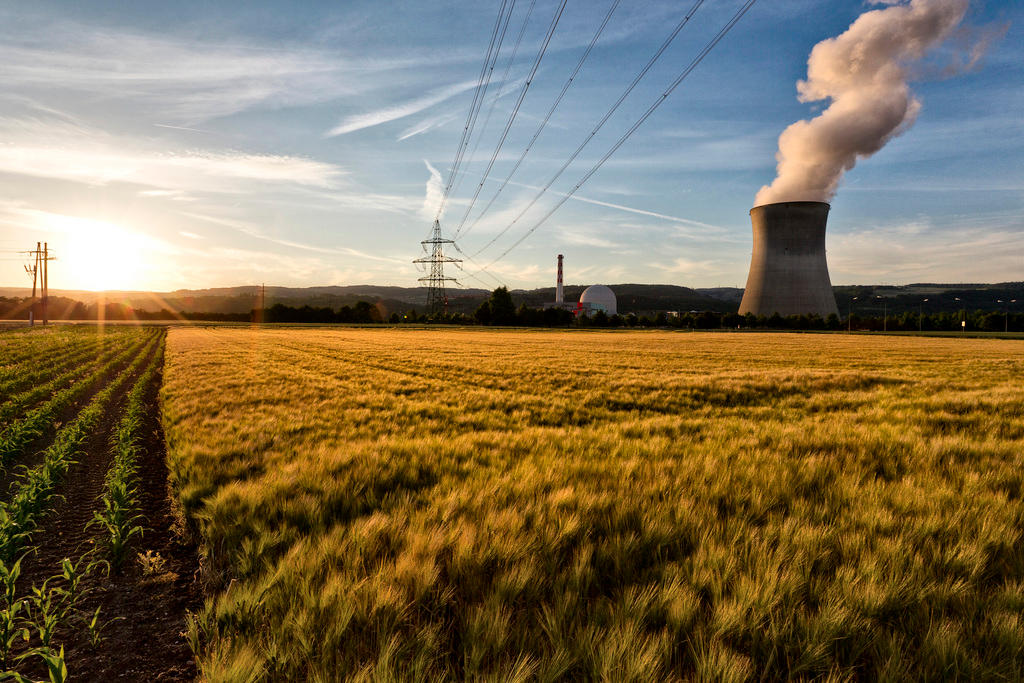
More
Swiss give green light for renewables and nuclear phase out
But six years on, mindsets appear to be shifting. Some politicians, especially on the centre-right, believe the energy transition cannot be achieved with solar and wind power alone.
The SonntagsZeitung/Le Matin DimanchereportedExternal link on Sunday that the seven-member Federal Council, which includes Environment Minister Albert Rösti of the rightwing Swiss People’s Party, appears to be “doubting the path it has taken to a nuclear-free future”.
The Federal Council recommends that parliament adopt a postulateExternal link by Radical-Liberal Party President Thierry Burkart which urges the authorities to maintain existing nuclear plants and consider a future scenario where new ones would be possible. The text suggests new reactors could be installed in old nuclear power facilities.
The government says its recent acceptance of the proposal is not a greenlight to lift the ban on new nuclear power plants, but it promises a report that should allow “decisions to be made with full knowledge of the facts”.
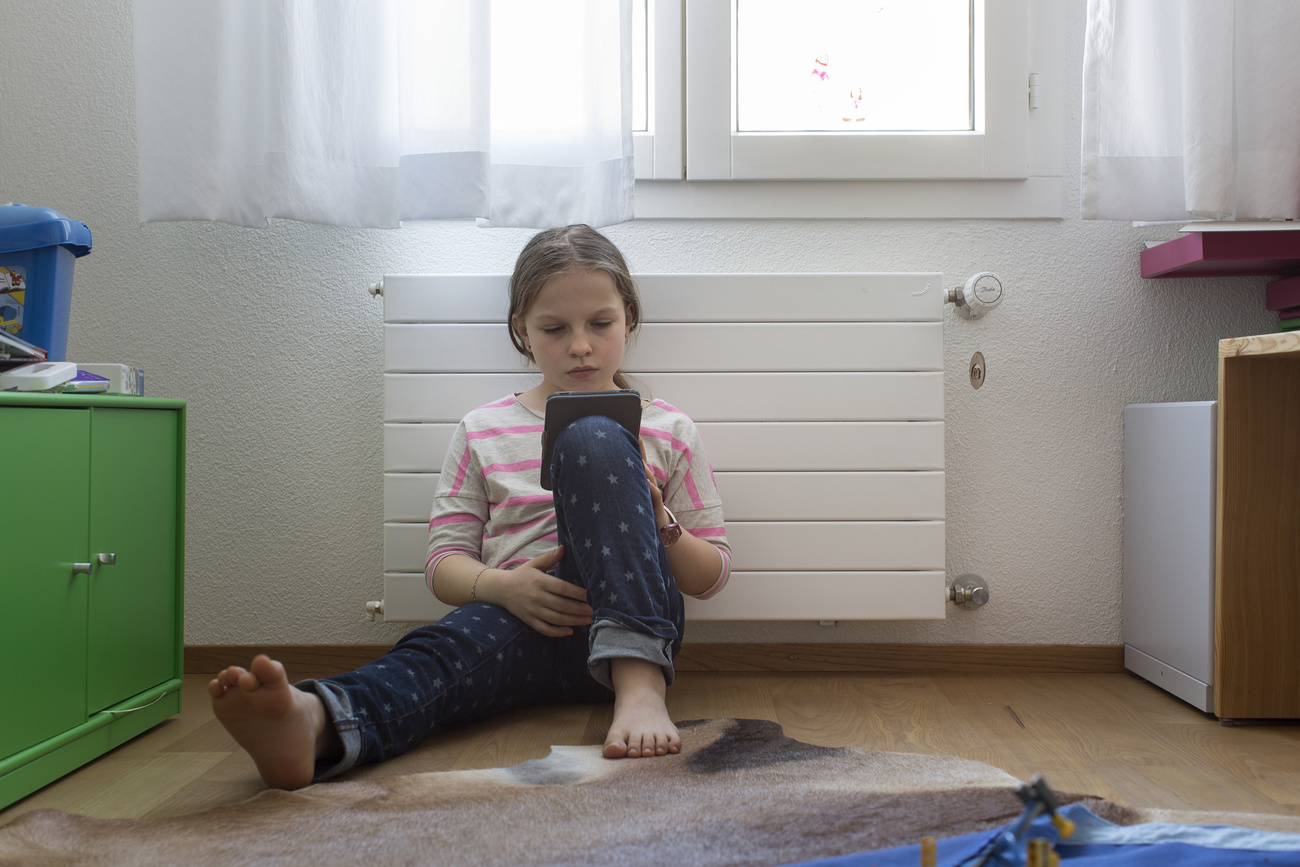
More
Will Switzerland face an energy crunch this winter?
Split parliament
The nuclear issue is likely to be discussed at the winter session of parliament, which began on December 4. But Burkart’s proposal should spark controversy, as some left-wing and centrist politicians have long opposed the construction of new plants over fears of radioactivity, waste and high costs.
“A new nuclear power plant would not be built for 20 years at the earliest, and that is clearly too late for the energy transition,” said Green parliamentarian Bastien Girod.
According to the political platform Smartvote, if there were a vote, the opponents of nuclear power plants in the House of Representatives would secure a narrow majority of 105 to 95 votes. A handful of politicians changing their minds or abstaining could change things. The Senate would be a different story, where pro-nuclear supporters dominate, said SonntagsZeitung/Le Matin Dimanche.
A May 2023 reportExternal link by the federal technology institute ETH Zurich’s Energy Science Center says nuclear energy could be an option to achieve energy security in a net-zero future. But the construction time and costs for building new nuclear power plants in Switzerland are uncertain and the political framework is currently not in place.
“It might be challenging to commission new nuclear power plants before 2050. However, keeping the current nuclear power stations in operation in Switzerland as long as they are deemed safe and can be run economically can support Switzerland achieving decarbonisation until 2050 and provide a large fraction of electricity supply even in winter,” it says.
Four power plants that can run as long as safe
Switzerland has four operational nuclear power stations that generate roughly a third of the nation’s energy needsExternal link, while around 60% comes from hydropower.
While the Swiss government decided to phase out nuclear power, no deadline was set to shut down Swiss power stations. The 47-year-old Mühleberg plant was shut down in December 2019 and is currently being dismantled.
In Switzerland there is no legally specified durationExternal link of the service life of nuclear power plants. They may continue to be operated as long as they are safe. Operators Axpo Holding AG and Alpiq Holding AG have already boosted the planned lifespan for their plants to 60 years from a previous target of 50. That would see them operating until around 2040. Alpiq is studying the impact of a further extension of up to 80 years.
By 2050, experts estimate Switzerland will need around 50% more electricity than it does today, especially due to the huge increase in electric cars.
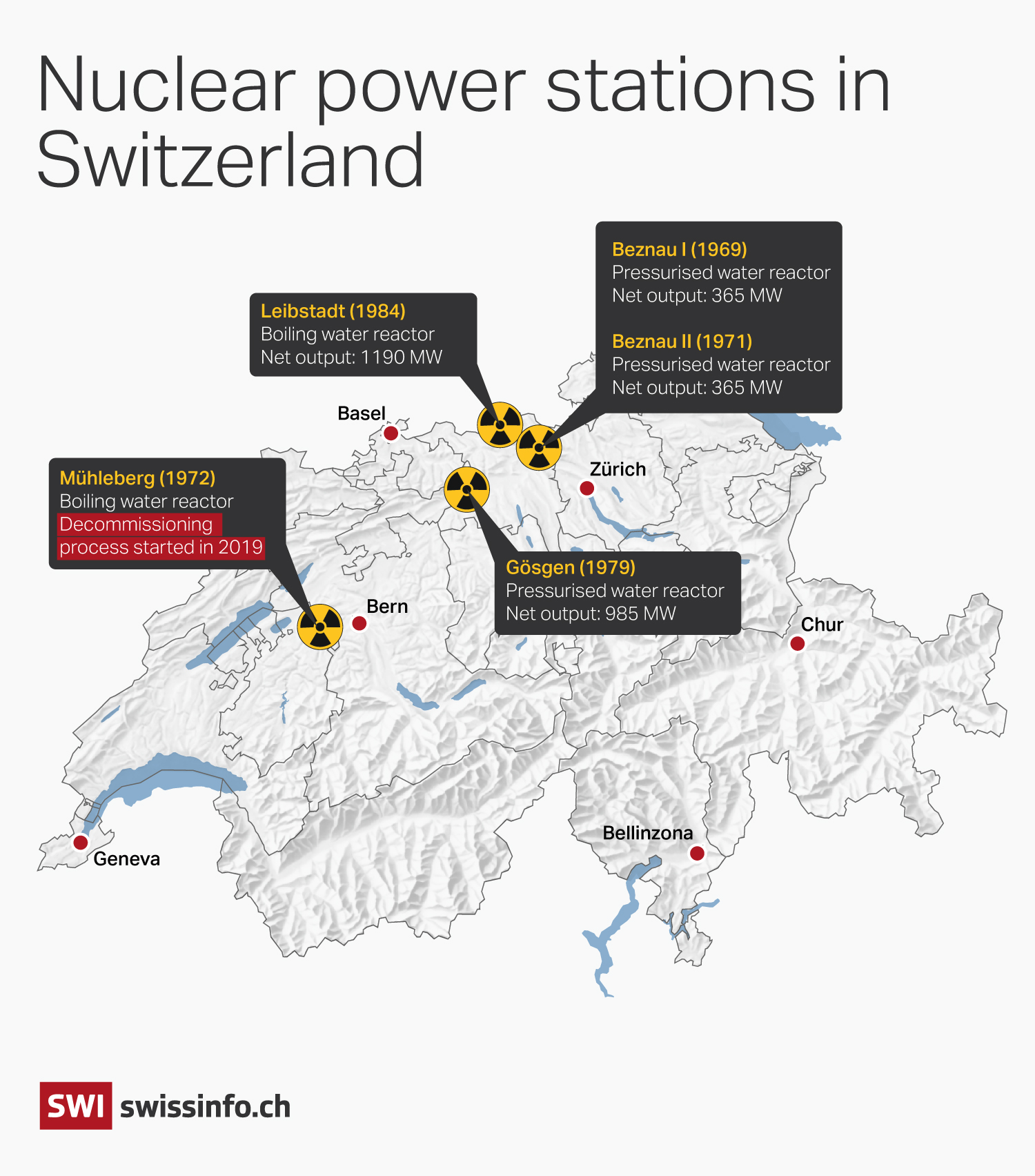
Nuclear v renewables: Swiss citizens conflicted
The Swiss have voted many times on the issue of nuclear power. In 2016, citizens rejected a proposal by the Green Party to close down nuclear plants after 45 years in operation. In 2017, they agreed to gradually decommission existing plants and ban the construction of new ones.
A new vote could be on the horizon. The Club Energie Suisse has collected 120,000 signatures for its “Stop the blackout” initiative aimed at lifting the ban on the construction of new nuclear power plants in Switzerland.
According to a survey published in March 2023, just over half of all Swiss believe nuclear power plants are important to prevent a shortage of electricity. The poll showed that 64% of respondents are opposed to the closure of Swiss nuclear plants by 2037, as demanded by the Green Party. Also, 56% are “for or rather in favour” of the rapid construction of new nuclear plants to secure the country’s electricity supply.
Despite public support for nuclear power, it remains the third-preferred choice in an energy crisis behind solar and wind power. Of those surveyed, 77% were in favour of solar installations on buildings and 74% wanted large wind turbines to help prevent an energy crunch. Two-thirds of those surveyed also support the development of hydroelectric power in the Alps via large-scale projects.
A different surveyExternal link published in June by the Association of Swiss Electric Companies showed strong support for renewables. It found no clear backing for nuclear power in the future energy mix. In all, 65% said they would not prefer a new nuclear power plant in place of wind farms, Alpine solar installations or new dams.
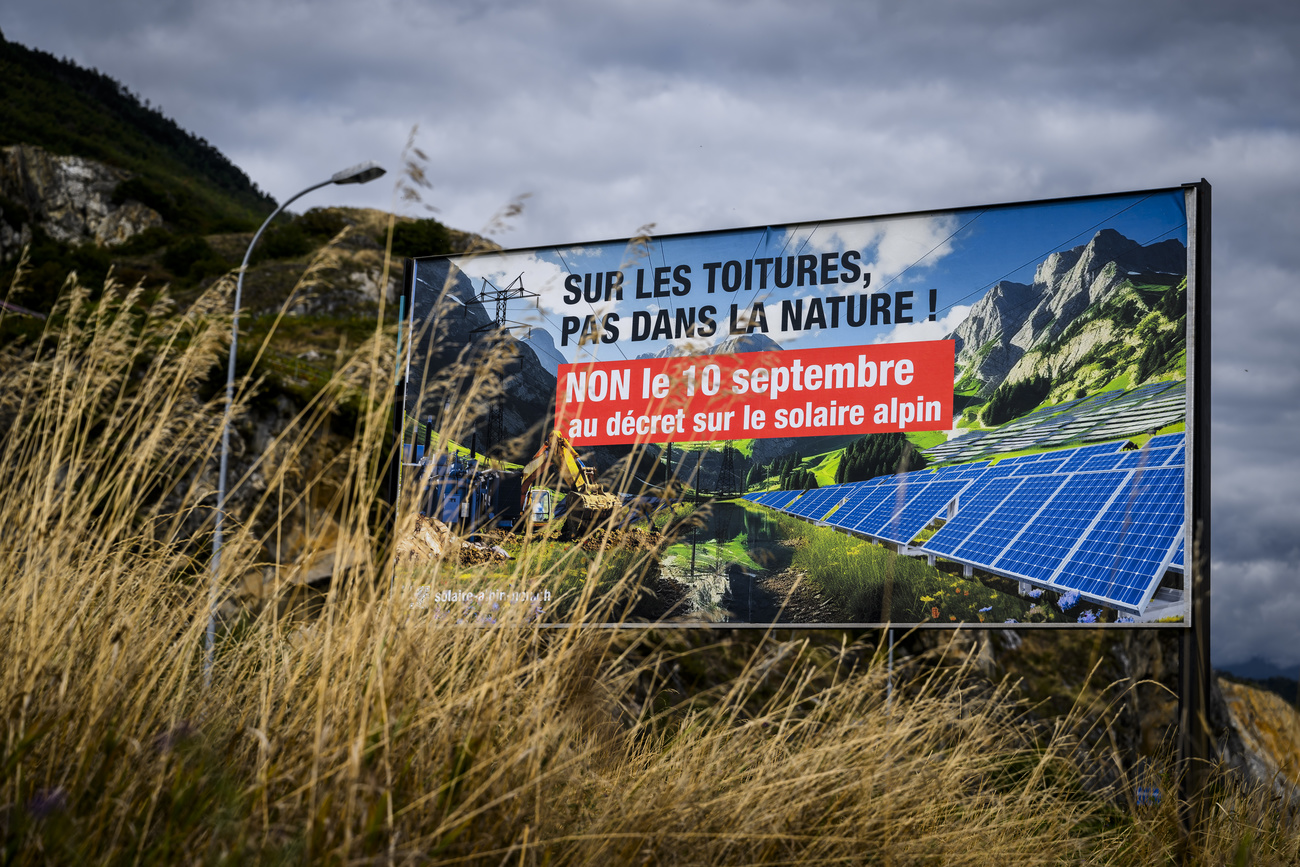
More
No vote for Alpine solar parks: what does it mean for Switzerland?

In compliance with the JTI standards
More: SWI swissinfo.ch certified by the Journalism Trust Initiative










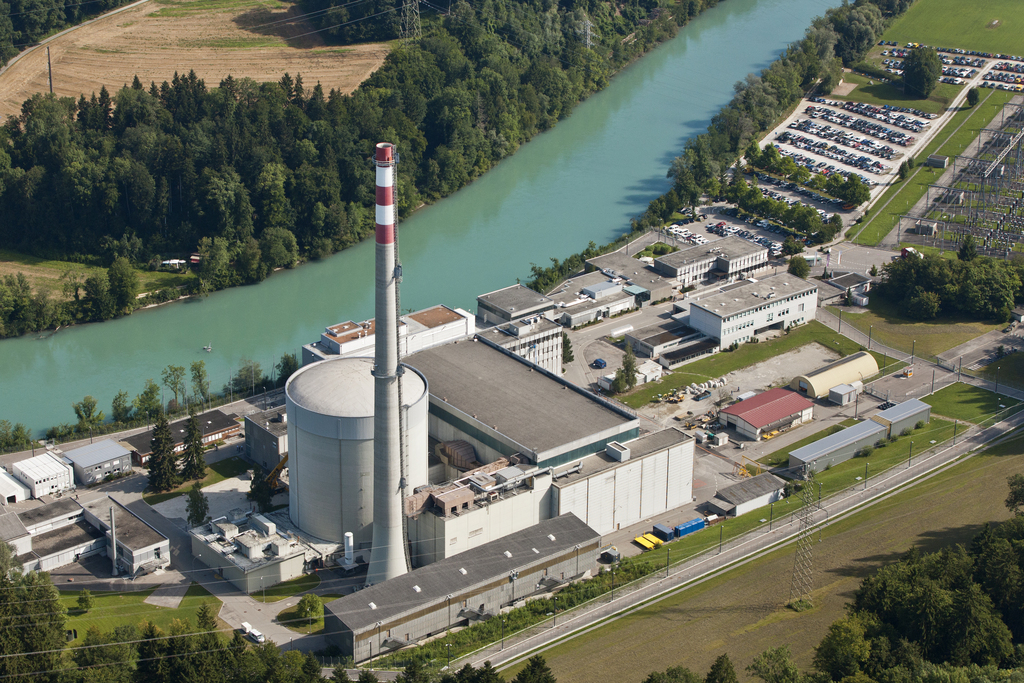

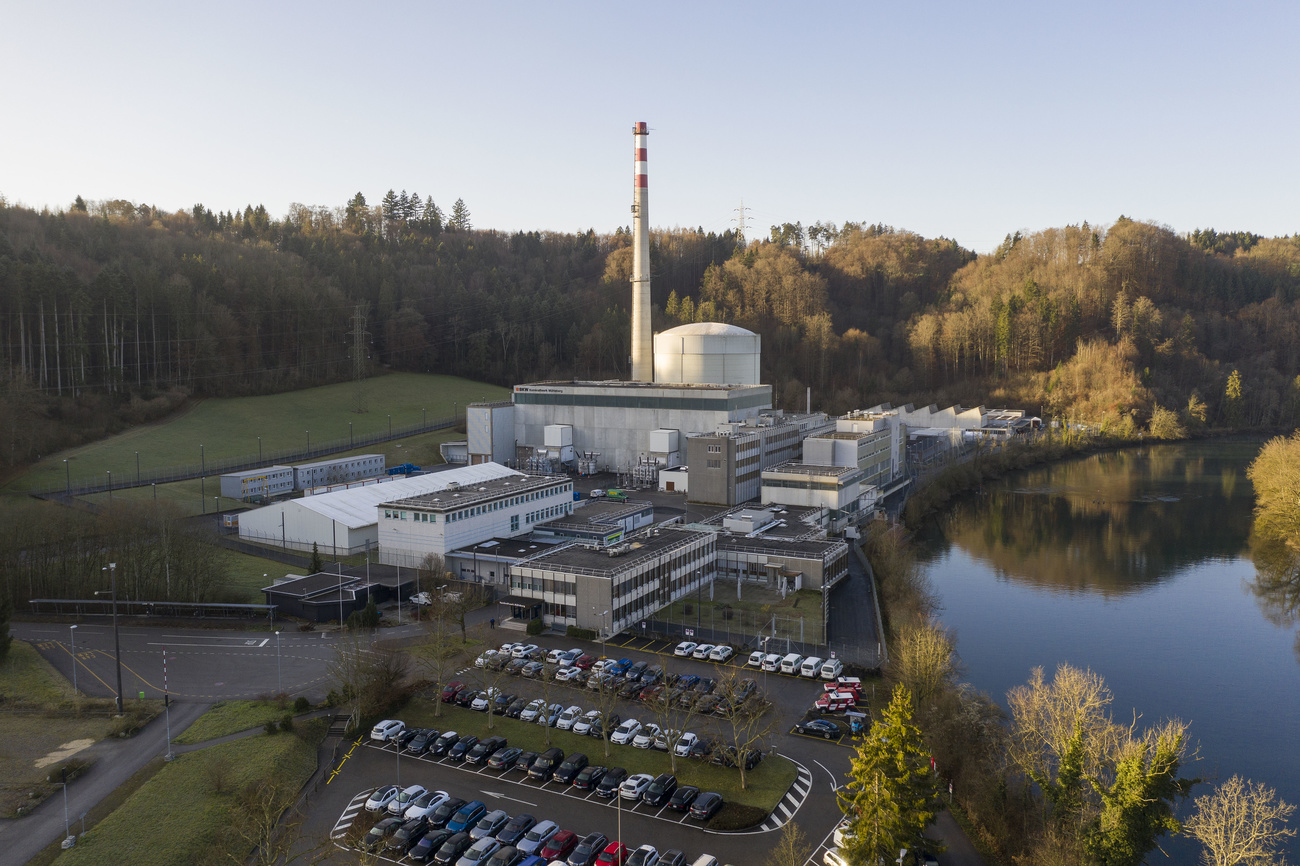
You can find an overview of ongoing debates with our journalists here . Please join us!
If you want to start a conversation about a topic raised in this article or want to report factual errors, email us at english@swissinfo.ch.